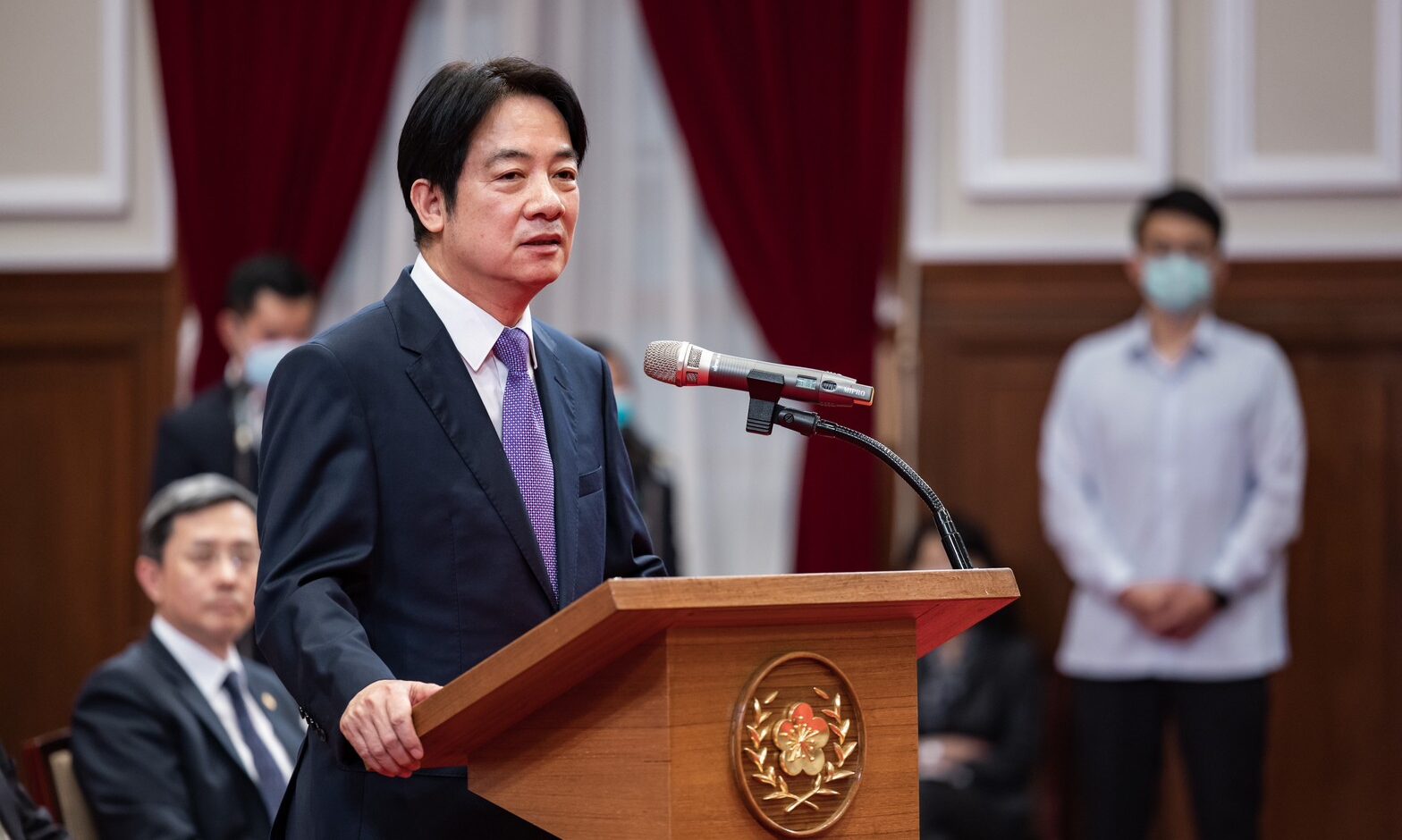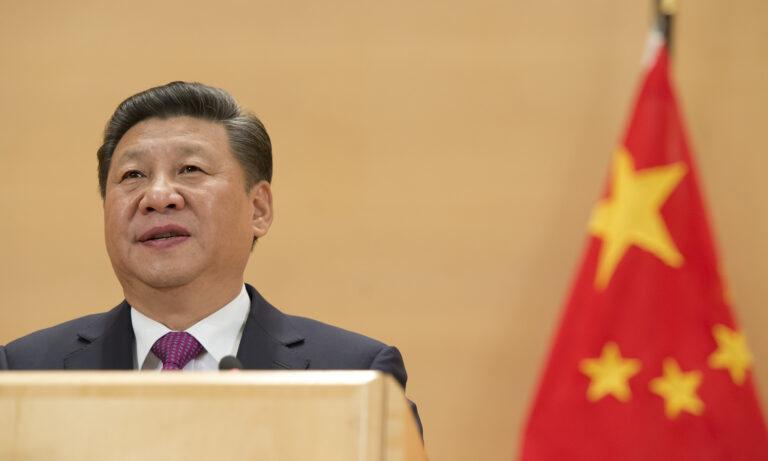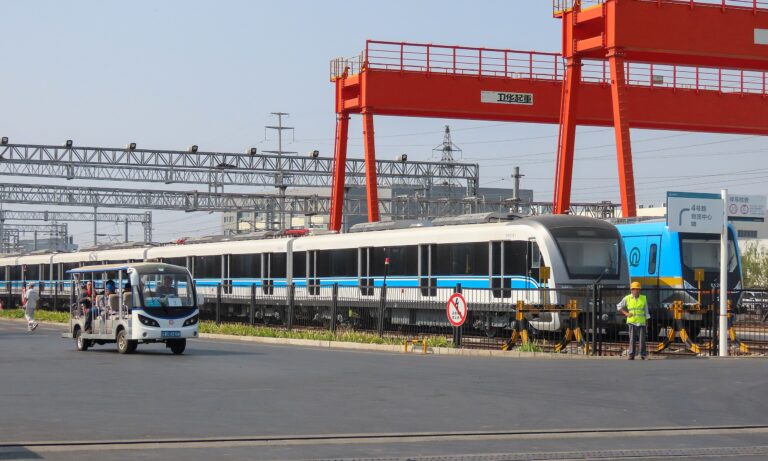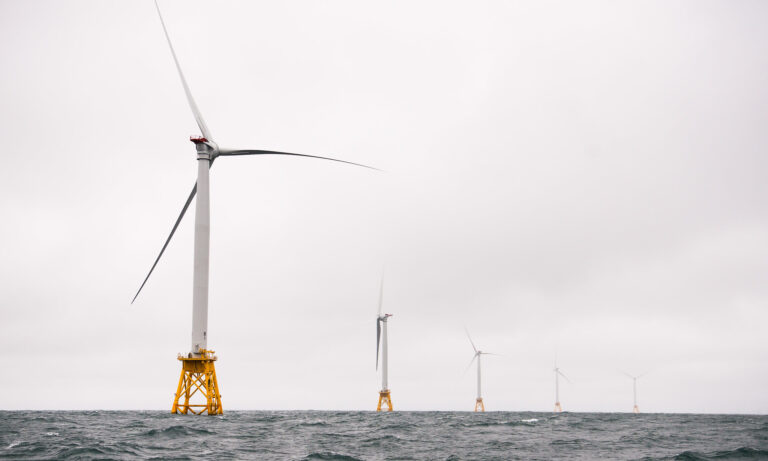
The victory of Democratic Progressive Party’s William Lai in the 2024 Taiwan presidential elections signals that Taipei is likely to continue its strategy of diversification of foreign relations, which includes building up stronger ties with Europe. At the same time, domestic politics, and tensions between the executive and the legislative branch in particular, can challenge the development of Taiwan-EU ties. Efforts to build up “Taiwan literacy” within the bloc and a clearer Europe strategy in Taipei will be key to safeguarding the progress achieved to date.
William Lai’s victory in the 2024 presidential elections in Taiwan is an unmistakable sign that the Taiwanese people chose continuity. Taiwan’s transition from brutal authoritarianism to a vibrant democracy, a process that began over three decades ago, gave rise to a consolidated identity that is more Taiwanese than Chinese – this makes Taiwanese people wary of increasing their country’s dependence on increasingly belligerent China.
Lai and Vice President-elect, Bi-khim Hsiao, a seasoned diplomat, are thus likely to maintain the foreign policy direction defined by the outgoing President Tsai Ing-wen. Diversification of Taiwan’s foreign relations is at the core of this approach, which includes strengthening informal albeit substantial ties with partners such as the US and Japan, as well as the EU and its individual member states.
However, the expansion of Taiwan-Europe relations will not be all smooth sailing. The roadblocks ahead result partly from the unprecedented composition of the 11th Legislative Yuan (LY) elected on January 13. With 52 seats won by the Kuomintang (KMT) and 51 secured by Lai’s Democratic Progressive Party (DPP), neither of Taiwan’s two major parties gained an absolute majority in the unicameral legislature, positioning the relatively new Taiwan People’s Party (TPP) as the “critical minority” (關鍵少數).
While under Taiwan’s semi-presidential system, Lai and Hsiao will be defining their country’s foreign policy orientation, they will need the LY’s support to secure resources for implementing specific projects. The legislature approves the budget, and the recent expansion of ties between Taiwan and the EU included several big-ticket initiatives, such as the Taiwan-Czechia “megaproject.”
Cooperation with Ko Wen-je’s TPP party will thus be essential to avoid gridlock. More pressingly, it remains unclear who the next speaker of the Legislative Yuan will be or what tone they will set for the legislature’s international engagements. Additionally, the poor performance of progressive candidates makes the future of the human rights agenda –which Brussels watches closely –opaque.
Circumventing International Isolation: The Key Role of Parliamentary Diplomacy
For Taiwan, parliamentary diplomacy has been essential for promoting people-centric engagements with the rest of the world, including Central Eastern European (CEE) countries. The sitting Legislative Yuan Speaker, You Si-kun, has played a crucial role in expanding Taiwan’s legislature’s ability to act internationally. In September 2023, You oversaw the launch of the new Department of International Affairs tasked with facilitating parliamentary diplomacy efforts. It was a culmination of You’s efforts to institutionalize the legislature’s overseas engagement, starting from the establishment of the International Public Opinion Working Group shortly after he took office in 2020, which was later upgraded to the International Affairs Working Group. You also hosted several high-profile visitors from other countries’ legislatures, including the historic delegation led by Czech Senate Speaker, Miloš Vystrčil, in 2020 and Lithuanian Seimas Speaker, Viktorija Čmilytė-Nielsen, in 2023. He also led a high-profile Taiwanese parliamentary delegation to Czechia, Poland, and Lithuania.
You’s record shows that the Legislative Yuan speaker plays a vital role in defining the legislature’s international posture. But as no party won an absolute majority, it remains unclear who will be the next speaker and how they will (re)shape the nation’s strategy for parliamentary diplomacy. With three parties in the legislature, there are three main possible scenarios. DPP’s You can continue in his current role, or KMT’s Han Kuo-yu, who topped the party’s list of 34 legislator-at-large nominations, may replace him. The TPP may also nominate its candidate for the speaker, but it remains uncertain whether it will.
If Han takes over from You as the speaker, he may substantially change the scope and mechanisms of the legislature’s international engagements. Between becoming the first mayor in Taiwan’s history to be recalled and his unsuccessful presidential bid in 2020, Han is unequivocally a firebrand. While domestic factors played a significant role in his removal, he was also criticized for his ostensibly close ties to the Chinese Communist Party. Shortly after taking office, Han traveled to Hong Kong and Macau, where he held secretive high-level meetings at the Liaison Office of the Central People’s Government –none of which were approved by the Mainland Affairs Council, an official body responsible for ties with China. The former mayor has also been very vocal about criticizing President Tsai’s foreign policy of “saving face,” blaming it for leading Taiwan onto an “increasingly narrow and dangerous path.” It remains to be seen to what extent Han could support expanding or even maintaining substantial exchanges with European parliamentarians.
Wilting Sunflowers: Poor Performance of Progressives and Taiwan-EU Human Rights Cooperation
Cooperation on human rights constitutes one of the pillars of Taiwan-EU relations. This is evident in initiatives such as the annual human rights consultations and the implementation of the inaugural Engagement Support Facility for local CSOs. While the EU recognizes human rights as one of the “common values” it shares with Taiwan, there are still some outstanding issues of concern for Brussels. These include Taiwan’s continued use of the death penalty, abysmal working and living conditions of migrant workers, and discrimination of vulnerable persons, including members of the transgender community.
Taiwan’s progress in addressing these problems will continue to play an important role in shaping the country’s relations with the EU. The human rights protection regime is key in Taiwan-EU relations not only for normative, but also economic reasons. At the end of 2023, the European Council and European Parliament reached a provisional deal on the Corporate Sustainability Due Diligence Directive (CSDDD). Two areas of particular economic importance for Taiwan, the fisheries and semiconductor industries, will be subject to the CSDDD. As the EU begins to pay closer attention to human rights and environmental practices in the whole value chains, it is high time for Taiwan to clean up its act when it comes to its treatment of migrant laborers.
However, the poor performance of progressive candidates in the recent legislative elections may hinder progress on these issues. Many progressive youth candidates who entered electoral politics following the Sunflower Movement and pushed for a more ambitious human rights agenda were defeated or ousted from office. They include Miao Poya and Lai Pin-yu. Social Democratic Party’s Miao, a staunch abolitionist, faced attacks for her stance on the death penalty during her campaign in the historically blue Taipei City Constituency VI. An important voice for migrant rights and the youngest member of the 10th LY, Lai failed to secure reelection in New Taipei City Constituency XII. Other progressives who did not make it to the 11th Legislative Yuan include Tseng Po-yu, Tseng Wen-hsueh, and Justin Wu.
Particularly on the issue of non-discrimination of migrant workers, civil society experts criticized the policy platforms of all three presidential candidates and their parties as excessively restrained and vague. Consequently, the absence of an additional push for reforms from progressive legislators may perpetuate the friction between Taipei and Brussels in the important area of human rights.
Overcoming Roadblocks: Suggestions for Taiwan and Europe
Relations between Taiwan and Europe rest on a strong foundation. Under the current Tsai administration, both sides made considerable efforts to strengthen their ties. In Taipei, the push to decrease the island nation’s dependence on China and enlarge its international space strengthened the interest of policymakers, government officials, entrepreneurs, and civil society leaders in engaging with Europe. In Brussels and several member states, Taiwan is increasingly viewed as a like-minded partner in its own right rather than a festering sore in China-Europe relations. The Lai administration will be well-equipped to hit the ground running with its Europe-bound engagements.
Yet, progress will require efforts from both sides. It is crucial that Taipei enhances the transparency and cohesion of its strategy towards the EU, especially in the economic domain, and demonstrates a more robust commitment to prioritizing sectoral cooperation agreements in a pragmatic manner. Furthermore, it is essential that Taipei remains committed to tackling trade barriers, given their historical role as impediments to the overall development of Taiwan-EU ties. The New Southbound Policy, the Tsai administration’s flagship foreign policy instrument, provides a useful framework for institutionalizing and systematizing Taipei’s inter-departmental approach to engaging with Europe. Resting on economic and social pillars, the NSP has allowed Taiwan to deepen its pragmatic cooperation with its neighborhood while remaining mindful of political sensitivities. A cohesive all-of-government approach to Europe could also help the Lai administration overcome potential challenges in the legislature.
At the same time, Europe needs to internalize the profound interconnectedness of its interests with the current situation in the Taiwan Strait. The EU and member states must learn to navigate the ambiguities of its “One-China policies” adeptly and the increasing uncertainties in the region. To bolster its capacity to safeguard its interests and contribute to preserving stability in the Strait, the EU should strengthen its connections with Taiwan. Specifically, Brussels ought to allocate sufficient resources to enhance both public and institutional understanding of the domestic politics in Taiwan, cross-Strait relations, and the potential impact of a crisis in the Strait on Europe’s interests. The EU now has a perfect opportunity to sharpen its focus on Taiwan and prepare for productive cooperation with the incoming administration and new legislature, despite the potential roadblocks.
Written by
Marcin Jerzewski
yehaoqinMarcin Jerzewski is the Head of Taiwan Office of the European Values Center for Security Policy. He is also a Marcin Król Fellow at Visegrad Insight. Marcin earned his Bachelor of Arts in Political Science and Chinese Studies at the University of Richmond and was an MOE Taiwan Scholar in the International Master’s Program in International Studies, National Chengchi University.


